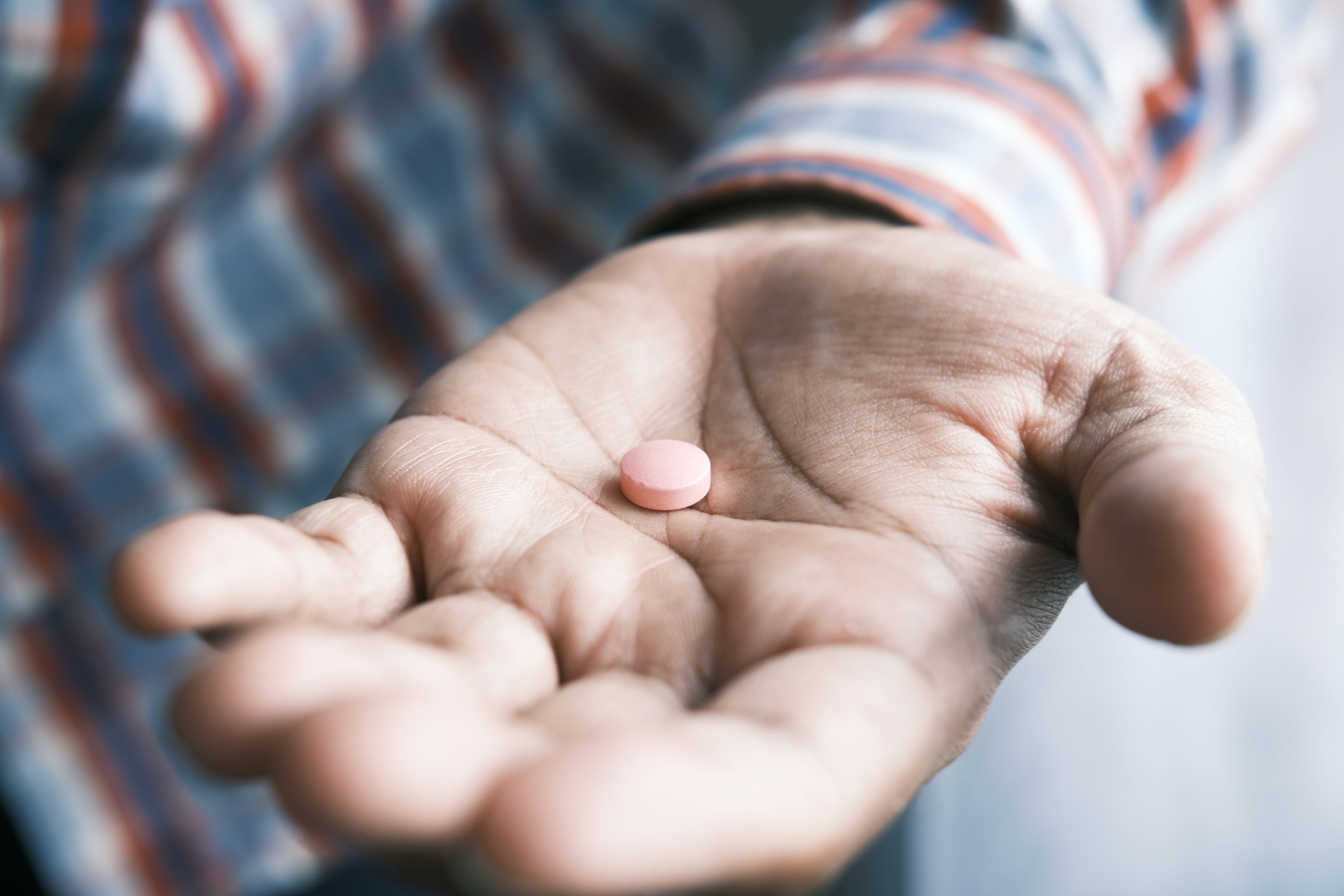Prescriptions
Repeat Prescriptions
There are a few ways to order your medication but we do not take telephone requests:
- Repeat Dispensing – Where we issue a number of prescriptions in advance to the chemist so that you collect from there each month. Only when your last prescription and your review is due will you need to come to the surgery. (The number of issues depends on the medication and how stable you are on it.)
- Electronic Prescription Service – When requested either at the surgery, via post or by the chemist we can send your prescription electronically to your nominated pharmacy.
- NHS APP - You can download the NHS App onto your Android or IOS device. You can self register, you will need Identification. The app will allow you to order medication, view your record and seek advice.
- Online Services – You can register for online services and can book appointments and order your medication through this. To register please see the reception team or email your identification from your recorded email address to d-ccg.devonporthealthcentre@nhs.net. Once a prescription is issued you can collect from your nominated pharmacy.
- You can supply stamped addressed envelopes and we will post your prescriptions.
Please allow 4 working days when ordering your medication and allow plenty of time if you are going on holiday or if there is a public holiday. If you require your prescription sent to you via the post, please supply a SAE.


General Medication Question
Do you have a question about your medication?
Submit a general medication question form and one our staff will get back to you with the information you want.

Medication Review Request
Do you need a review of your medication?
Submit a medication review form and one of our staff will be in contact to make an appointment with a GP.
Prescription Fees
Help with NHS costs
In England, around 90% of prescription items are dispensed free. This includes exemptions from charging for those on low incomes, such as:
- those on specific benefits or through the NHS Low Income Scheme
- those who are age exempt
- those with certain medical conditions
- More information is available at NHS Choices
NHS Charges
These charges apply in England only. In Northern Ireland, Scotland and Wales prescriptions are free of charge.
- Prescription (per item): £9.65
- 12-month prepayment certificate (PPC): £111.60
- 3-month PPC: £31.25
If you will have to pay for four or more prescription items in three months or more than 14 items in 12 months, you may find it cheaper to buy a PPC.
- Telephone advice and order line 0845 850 0030
- General Public - Buy or Renew a PPC On-line
There is further information about prescription exemptions and fees on the NHS website.
Wasted Medication In Devon
How can you help your local NHS tackle the problem of medicines waste?
Check: Look at your supplies – order only the items that you need
Listen: Listen to the advice from your doctor, nurse or pharmacist and take all medicines as instructed on the label.
Tell: Tell your doctor, nurse or pharmacist if your medicines are not agreeing with you or you have stopped taking them.
Tick: Using the counterfoil of the prescription, tick only the medicines you need, and remember “tick in haste – medicines waste.”
Open: Open your bag of medication while at the pharmacy. If you have item(s) not requested, or surplus to your needs for the next month, please return these before leaving.
Please watch the video below:
Antibiotic Use
It is estimated that 5,000 deaths are caused every year in England because antibiotics no longer work for some infections and this figure is set to rise with experts predicting that in just over 30 years antibiotic resistance will kill more people than cancer and diabetes combined.
Antibiotics help ward off infections during chemotherapy, caesarean sections and other surgery. They also treat serious bacterial infections, such as pneumonia, meningitis and sepsis, but they are being used for everyday viral infections, such as colds or flu, where they are not effective.
Taking antibiotics encourages harmful bacteria that live inside you to become resistant. That means that antibiotics may not work when you really need them.
Page created: 30 July 2020
